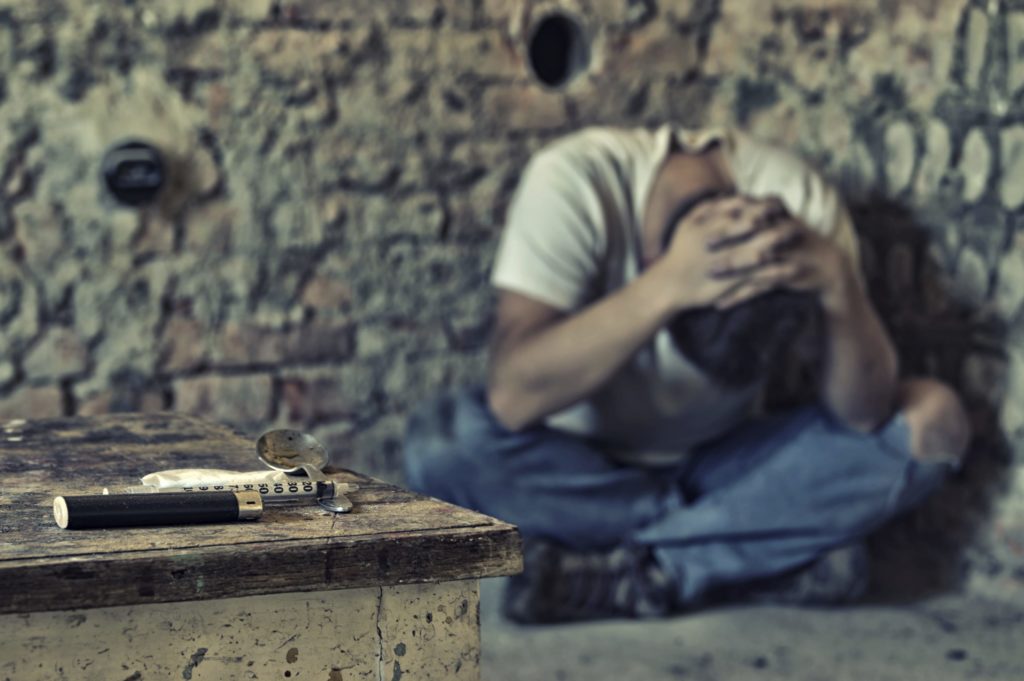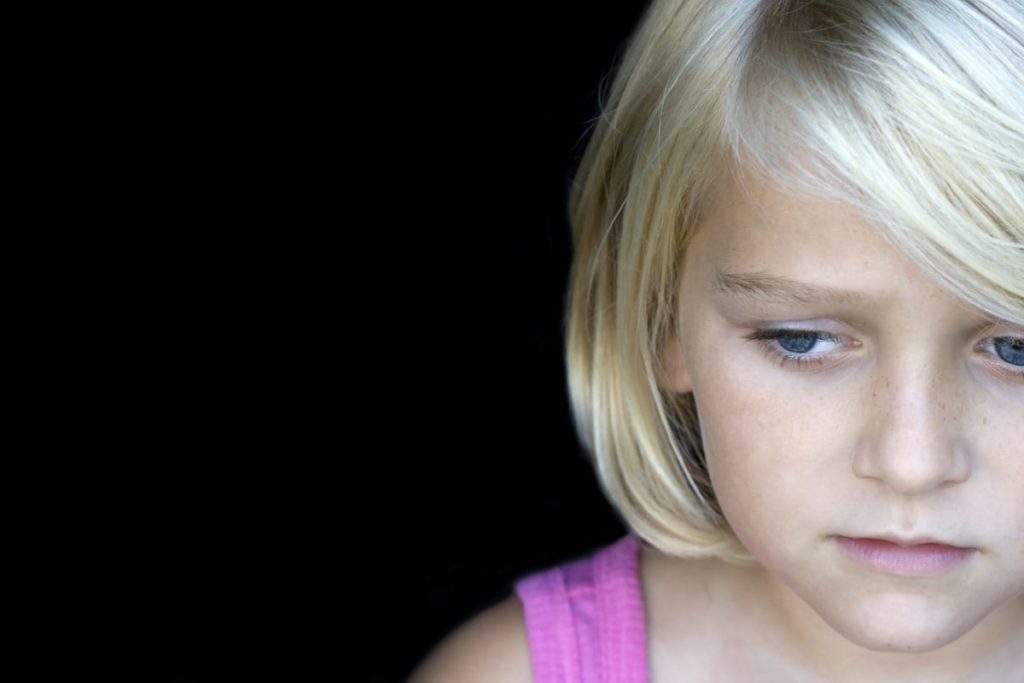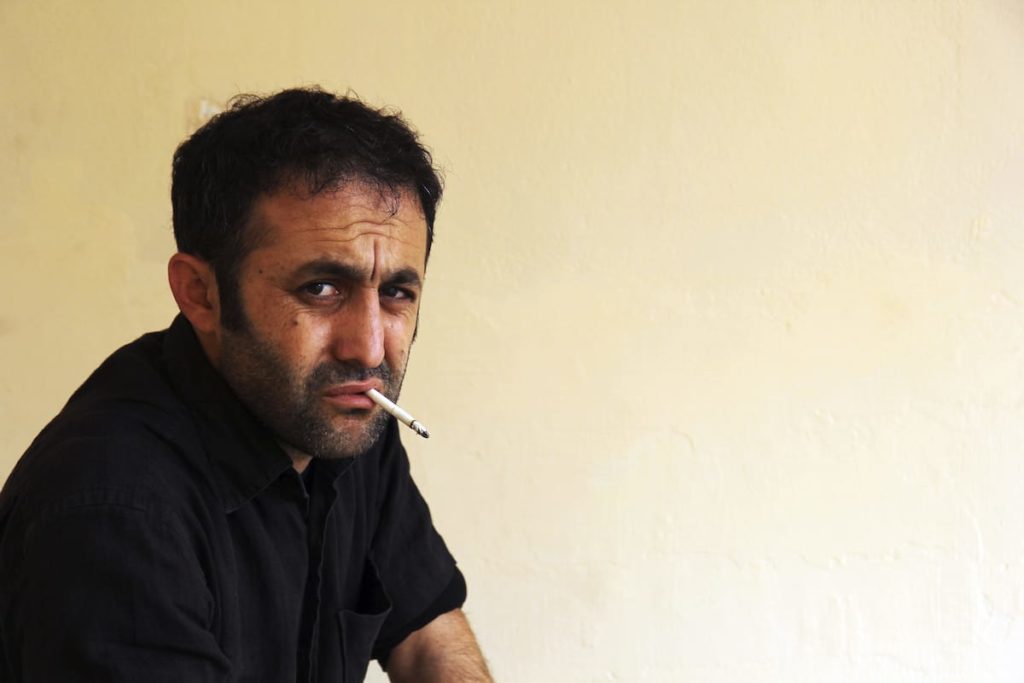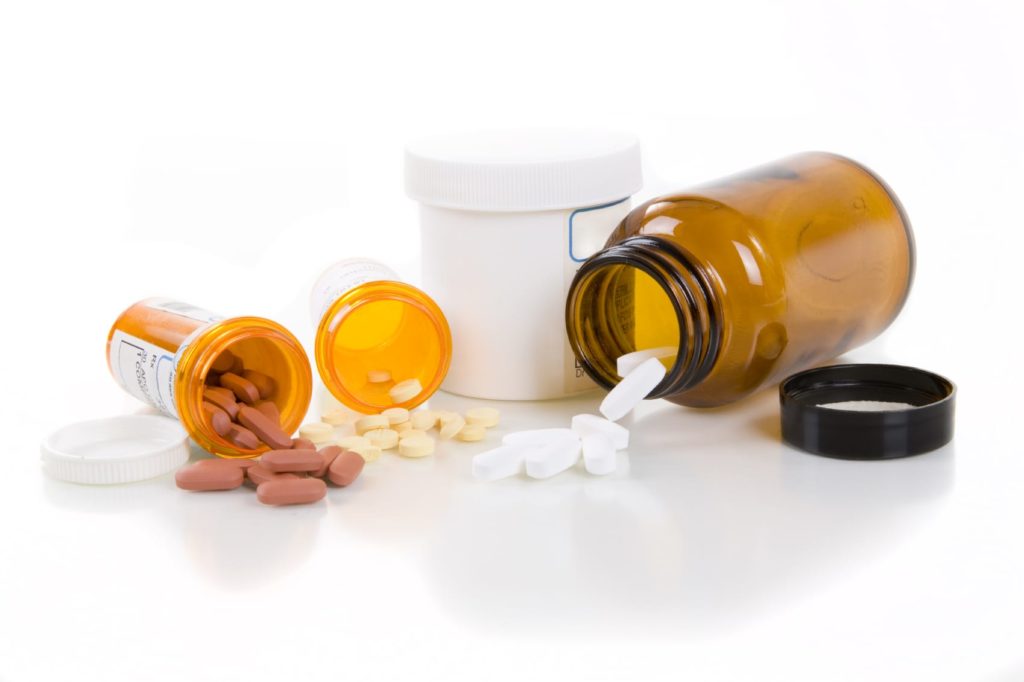Teenagers who are prescribed sleep or anti-anxiety medications are at a much increased risk of becoming dependent on them than those who are not, reports a recent University of Michigan study published in the journal Psychology of Addictive Behavior. Sleep medications such as Ambien, Lunesta and Restoril, and anti-anxiety drugs like Xanax, Valium or Klonopin are commonplace these days — and doctors aren’t only writing prescriptions for adults. That’s a public health problem that can no longer be ignored, says Carol J. Boyd, PhD, RN, FAAN, a professor at the University of Michigan School of Nursing and lead author of the study. What Dr. Boyd found is that teens often share medications, and the more likely they are to have been prescribed these medications, the more likely they are to abuse them in the future, whether it’s to experiment or self-medicate. These teens may eventually need treatment for prescription drug abuse.
Teens and Drugs for Anxiety or Sleep: What the Study Found
In the study, which surveyed over 2,700 middle- and high school-aged students in the Detroit area, teenagers who were prescribed these medications during the study period (three years) were 10 times more likely to obtain the medications illegally to get high or to experiment than teens who’d never been prescribed anti-anxiety or sleep medications. They were also three times more likely to use them to self-treat their anxiety or insomnia. What’s more, individuals prescribed these medications during their lifetime, but not during the study period, were 12 times more likely to use another’s person medications compared to those who’d never been prescribed them. At some point, nearly 9 percent had been prescribed these medications. Not only are prescription rates high, but teens are also sharing their medications — those both illegal and dangerous. “These medications are highly efficacious,” Boyd says. “That said, what many parents don’t realize is their abuse potential.” And they may not realize that there are alternative methods to treat what’s considered a growing problem: stress and anxiety among adolescents.
Abuse Potential of Benzodiazepines
Research shows that the number of adolescents being prescribed sleep and anti-anxiety medications is astronomical, and with that comes increased abuse potential: using them to get high, mixing them with other drugs, and sharing them with other teenagers who might abuse them or become addicted themselves. According to a 2013 Monitoring the Future study, prescription drugs are the second-most abused category of drugs after marijuana. Anti-anxiety medications are especially problematic. “Benzodiazepine-class medications have a high risk for abuse and dependency,” says Ash Bhatt, MD. “They can cause respiratory depression, coma, or even death if abused, especially if mixed with alcohol or other illicit substances.” Long-term use has been associated with not only cognitive problems, but also developing Alzheimer’s disease later in life. In fact, Dr. Bhatt says that it can take as little as two months to become physically dependent on these medications. Although only one in five teenagers will become addicted, “that’s what we’re worried about,” Boyd says. Not only is it illegal to engage in non-medical use of these medications, but it’s also risky, especially combined with other drugs. “You mix them with alcohol, and you end up like Heath Ledger,” she says. “If I were a parent, that’s what I’d be worried about.” These facts highlight the need for benzodiazepine users to seek treatment as soon as possible.
Stress and Anxiety Among Today’s Teens
Teenagers are under a lot of stress these days, more than ever it seems. Bhatt believes that many factors contribute to increasing anxiety and sleep problems. “Poor sleep hygiene, excess caffeine consumption, increased academic and social stress, family dynamics dysfunction, as well an undiagnosed underlying psychiatric disturbances all could be contributing factors,” he says. “Another possible factor is that teens and parents want a quick fix, and that often results in overzealous prescribing.” Boyd emphasizes that direct-to-consumer marketing has had an effect as well, with many advertisements featuring a family member or friend instead of a doctor. Alternatives to Medicating Teens for Stress, Anxiety and Sleep Issues Bhatt emphasizes that these medications should generally never be used as a first-line treatment for teens with anxiety or sleep problems, and not without performing a complete psychiatric evaluation. “Medications are very useful in alleviating anxiety in the moment and helping adolescents sleep more regularly, but they cannot teach coping skills, mindfulness, or relaxation techniques which are also known to treat these two conditions,” says Nathan Bradley, LMSW, LCDC. “Parents should always follow the advice of their doctors and explore alternatives such as cognitive-behavioral therapy and dialectical behavior therapy, which provide coping skills and skills training during sessions.” Boyd believes that educating doctors and parents about the abuse potential of these medications among teenagers is essential to monitoring their safety. First and foremost, she says, providers need to be held accountable. “[They] need to very clearly tell teens and parents what the advised dose is.” She also says that inevitably, teens will be approached to share medications within the first year, and emphasizes teaching a “beware, don’t share” strategy to dealing with these situations. Finally, parents should store medications for their teens appropriately, preferably in a safe location that both the parents and teens know about, as well as practice proper disposal techniques. By Jeanene Swanson






